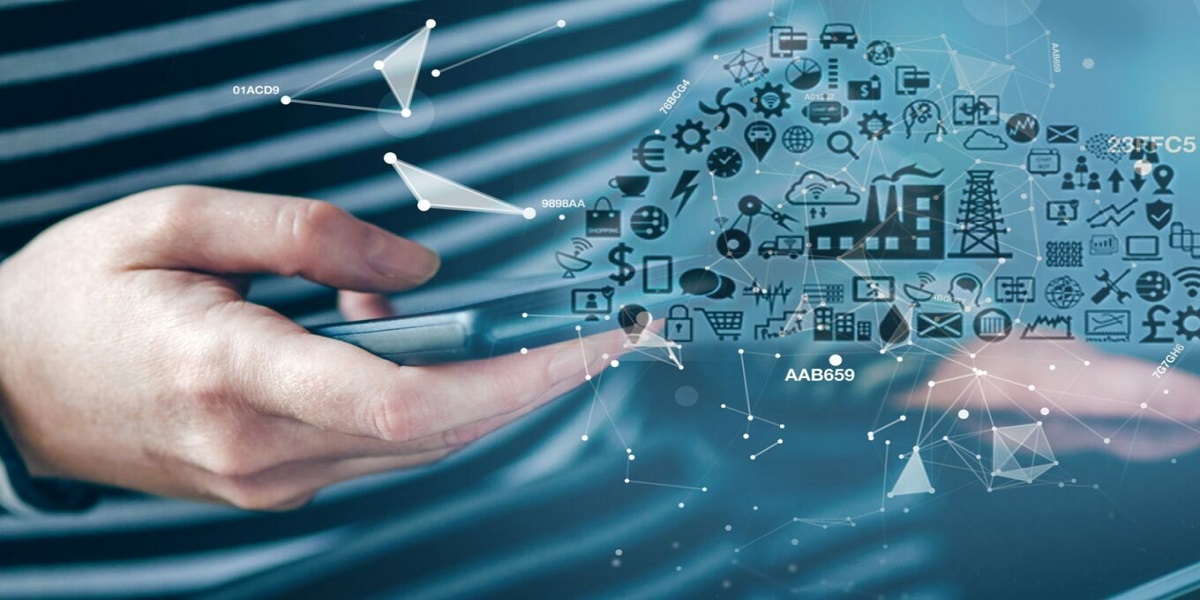
How AI and Industrial IoT are Transforming Manufacturing
- By Srija Kalavala
- 28-06-2022
- Technology
Manufacturing is one of another massive boom in IoT (Internet of Things) and AI (artificial intelligence) applications, with the annual Internet of Things market estimated to be $2.4 trillion by 2027, according to Business Insider.
In addition to obvious applications such as automation and robotics, AI systems can improve manufacturing processes, send early warnings, contribute to quality control, quality control, and predict machine equipment failures. The key is to collect the right data, and by doing so, manufacturers can develop innovative AI applications, and differentiate themselves from the competition.
Many organizations are adopting different AI algorithms for their Industrial Internet of Things (IIoT) applications to make real-time decisions. It is crucial to understand that data is king when it comes to AI-based applications. Gathering, cleaning, and preparing unique data is the most important aspect of leveraging AI to improve your organization and gain insights.
Before AI engineers start training their machine learning models, they typically spend up to 75% of their time processing raw data only.
How industrial IOT is transforming product manufacturing and Design :
The Internet of Things is the result of a technically advanced world that is ahead of its time. With many inventions and innovations that aim to change the way the world works, many try to link everything together to form a chain of information. One of those paradigms of innovation is the development of IoT, which is the culmination of information wired with software. IoT means the integration of the physical world with the digital platform, with the help of sensors, detectors, or any other technology that sends feedback from a physical instrument to software.
The IoT mobile app development company taking the world by storm, many industries have also started to implement the use of IoT in their production processes. It is being considered as the solution to the inefficiency of industries. IIOT manufacturing is playing an important role in increasing the production rate as well as improving quality. The machines are integrated with different detection devices that send data to the software. This makes it very easy to monitor the performance of each machine and use the results effectively to make changes.
The role of the Industrial Internet of Things on a global scale:
The world is heading towards technological transformation and since it has taken over the Internet of Things, it is leading the revolutions in the right direction. There have been many industrial revolutions that were aimed at changing the face of manufacturing industries. Then there is the Internet of Things, which has revolutionized all manufacturing industries to achieve efficiency and improve quality. The Industry 4.0 movement was raised with the sole aim of automating the entire production process. Moreover, besides automation, the Internet of Things has brought with it the creation of an analytic scheme to improve the monitoring approach.
Artificial Intelligence for the Edge for Embedded Systems:
Edge AI is a vital subsection in the overall development of AI in the manufacturing world. Edge AI processes data locally on a device rather than relying on a central database or processing node connected via the Internet.
With most IoT solutions, the back-end server receives data from multiple devices and sensors connected over the Internet. The server or servers host machine learning algorithms that process data as it appears, creating whatever value an AI solution provides.
The problem with this AI architecture is that many devices may start to overload network traffic, or may be using an already heavily used network. Under these conditions, sending data to the central server causes processing times to be unacceptably slow. This is where Edge AI shows its value, as less complex machine learning and artificial intelligence processes can be performed locally on devices.
Machine learning for predictive maintenance:
Predictive maintenance is a particularly fruitful area for machine learning and artificial intelligence services to affect manufacturing. In fact, nearly 30% of AI applications in manufacturing are related to the maintenance of production machinery and tools, according to Capgemini research. This makes predictive maintenance the most widely used application in manufacturing today.
Artificial vision for quality control:
The automotive and consumer products industries face pressing requirements from regulators, and maintaining compliance with those regulations is one area where AI and machine learning can really shine. The cost of high-quality cameras is falling every year, while the software for processing and recognition of images with artificial intelligence continues to improve rapidly. As a result, AI-based inspection methods are becoming increasingly attractive to companies.
Manufacturing future:
It is no exaggeration to say that the future of manufacturing is almost synonymous with the future of artificial intelligence services based on the Internet of Things. In 2019, there were an estimated 8 billion IoT devices, but by 2027 there will be an expected 41 billion devices, and most of this growth will be in the manufacturing sector. The valuation of artificial intelligence within manufacturing is expected to exceed fifteen times, from about $1.1 billion today to more than $16 billion by 2026.
All hallmarks of efficient production - standardization, economies of scale, task automation, and specialization - are all greatly supported by machine learning and artificial intelligence solutions. As such, AI embedded in IoT devices will inevitably continue to find its way more and more into all major manufacturing processes in the coming years.
Recent blog

Crafting Eye-Catching Instagram Reels In Just 9 Easy Steps
Social Media | 25-04-2024.png)
Boost Sales and Conversions with Shopify's New AI-Powered Semantic Search
E-commerce | 24-04-2024




